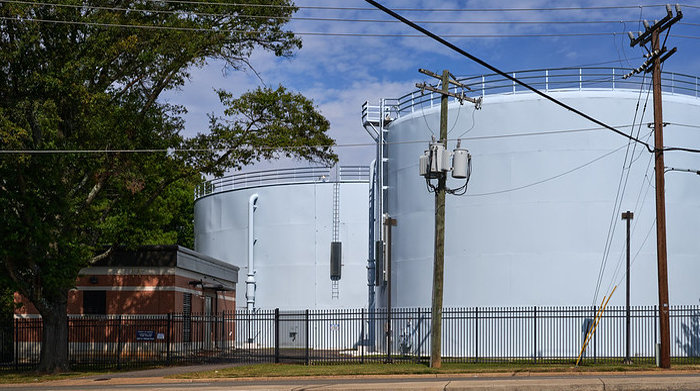Small Water Utilities Need Help to Maintain Reliability

Image courtesy of Ronnie Pitman under Attribution-NonCommercial 2.0 Generic License, resized to 700 x 391 pixels.
Many small water utilities are facing a massive budget crunch. This country’s water infrastructure is increasingly decrepit, but thousands of municipal water system operators do not have access to the resources to make the necessary improvements. This is a difficult problem, because as water infrastructure ages, water main breaks and other malfunctions become increasingly frequent, leading to more and more outages and service interruptions as time goes on.
What Can Small Water Utilities Do to Mitigate This Issue?
Generally speaking, the smaller the water system, the larger the problem. Large multi-state operators like American Water are well-positioned for the future. Municipal water systems, on the other hand, have many more financial limitations in terms of what they can do. And then we have community water systems which are often operated by volunteers and typically have no rate base to pay for improvements.
In addition to a lack of funding, small water systems are plagued by a lack of expertise, something that all utilities are now grappling with. Particularly with small community-based systems, there is a retirement boom, and it has proven to be difficult to replace the retirees because young people are not exactly breaking down the doors trying to get in. While many states have put initiatives in place to make it easier to become a water system operator, these efforts have not attracted incoming talent to the degree hoped.
This begs the question, what should small water utilities do to compensate for the lack of capital and expertise? These systems could consider outsourcing their system operation. American Water, for example, sees acquisitions as a key part of its growth strategy. Due to the company’s large size, it has the economies of scale to be able to make acquisitions and invest in the systems’ infrastructure without an immediate rate increase. It’s a true win-win, because it relieves the local system operators from the burden, the systems can be upgraded to maximize reliability, and municipalities have extra money in the coffers to make improvements elsewhere.
The bottom line is that this may not be the most attractive option for small water utilities at first glance, but if you take a look under the proverbial covers, it might make sense for everyone involved.



